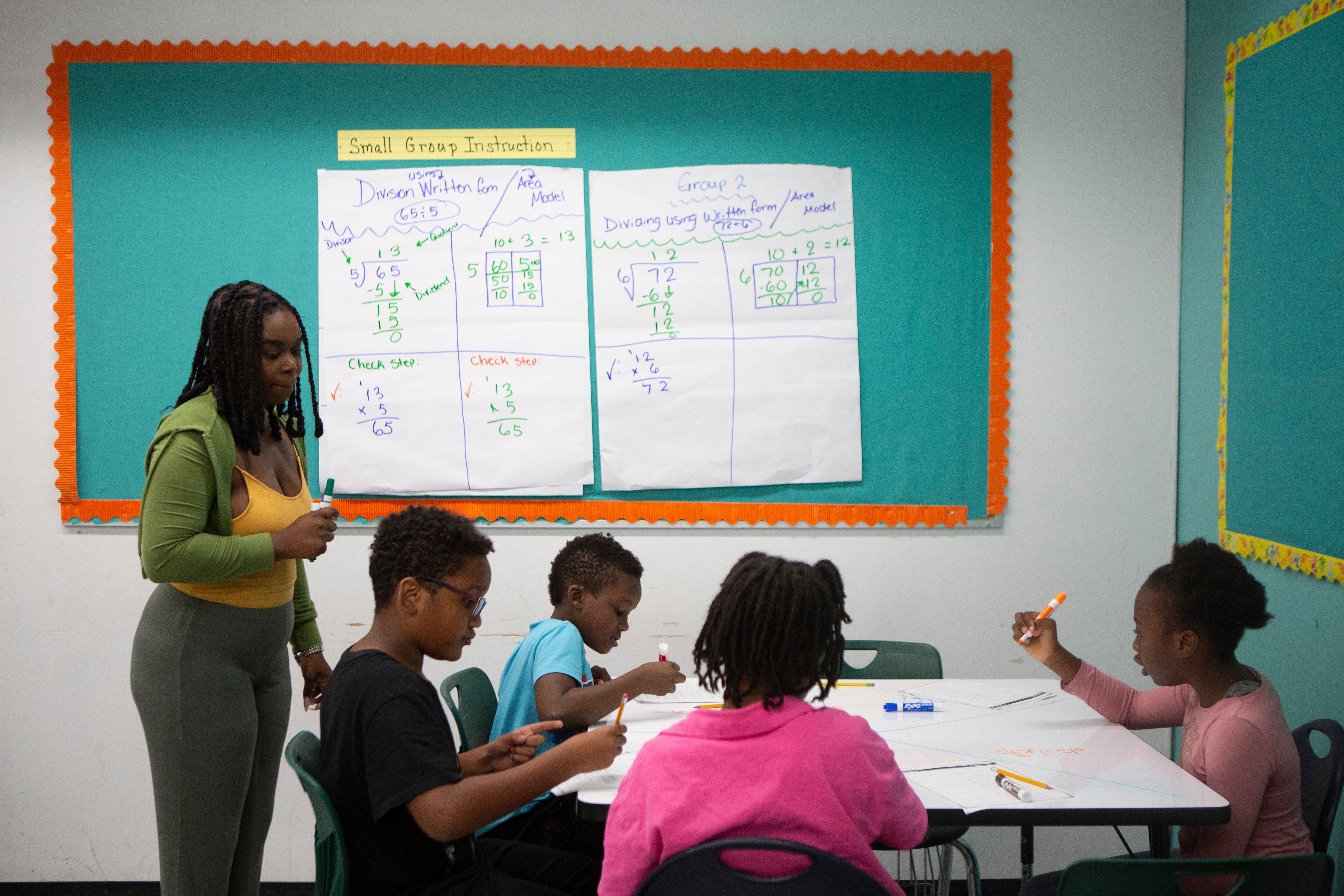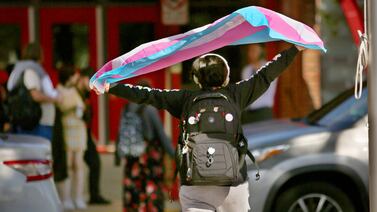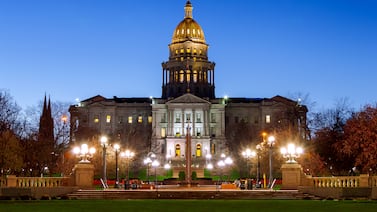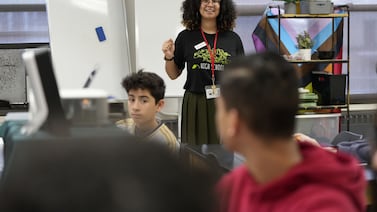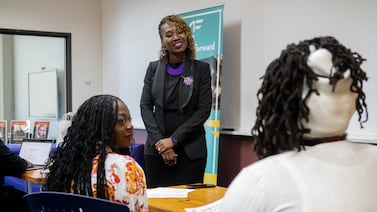Sign up for Chalkbeat Newark’s free newsletter to keep up with the city’s public school system.
The coalition of families and advocates battling New Jersey in court to desegregate its public school system will put the legal fight on pause as they enter a mediation phase in an effort to avoid years of litigation.
After more than five years of legal proceedings, the parties last month received an opinion from New Jersey Superior Court Judge Robert T. Lougy that was mixed and still left questions unanswered about the next steps to take in fixing the issue of segregation across schools.
In Lougy’s 99-page opinion, he said the state failed to remedy the racial segregation evident in numerous school districts throughout New Jersey — rejecting the state’s defense that it shouldn’t be held responsible. But he also didn’t agree the plaintiffs proved segregation exists across every school district — only among the 23 districts they provided evidence for, which included Newark.
On Thursday, lawyers representing the plaintiffs filed a motion, which was granted by the state Superior Court’s appellate division the same day, to put the case on a temporary pause as discussions to reach a resolution begin among the parties, court documents show. This came after the plaintiffs got an extension late last month to consider an appeal.
Over the next several weeks, mediation sessions between all the parties involved, including intervening defendants that represent charter schools, will take place. The first one is planned for Nov. 21.
Former New Jersey Supreme Court Associate Justice Barry T. Albin, who retired earlier this year, will act as the mediator during these discussions.
Albin authored landmark and controversial opinions over his 20 years serving in the state’s highest court, including a ruling to allow same-sex marriage in New Jersey and another that freed a former Black Panther, Sundiata Acoli, who was convicted fifty years ago of killing a state trooper.
The mediation will address issues of liability, remedies, and a process to “ensure that all interested persons and organizations,” whether part of the litigation or not, “have the opportunity to meaningfully participate,” wrote Lawrence Lustberg, of Gibbons Law, the co-counsel for the plaintiffs, in his motion.
“If successful, this mediation process holds the promise of saving the people of New Jersey and the courts of this state from years of complex, highly charged litigation,” Lustberg stated.
The coalition of plaintiffs includes the families of nine students that attended schools in Camden, Elizabeth, Highland Park, Hoboken, Newark, Paterson, and Union City, and five advocacy groups, including Latino Action Network, NAACP New Jersey State Conference, Latino Coalition, Urban League of Essex County, and The United Methodist Church of Greater New Jersey.
Defendants include the state Department of Education, Board of Education, and Acting Education Commissioner Angelica Allen-McMillan.
The court documents show that the parties have agreed to engage in mediation “in good faith,” file status reports on Dec. 15 and Jan. 10 to the appellate division, and, if they wish to extend the temporary pause, would file a motion before Jan. 16, when the pause is set to lift.
“We are pleased to accept the state’s invitation to undertake a confidential mediation process with Justice Albin and are hopeful that it will result in an effective solution to New Jersey’s long standing problem of school segregation more expeditiously than would be the case if it is necessary to continue the ongoing litigation,” Lustberg said in an emailed statement on Monday.
New Jersey “recognizes the innumerable benefits of a diverse school environment,” said Michael Symons, spokesman for the state Office of Attorney General, in an email on Monday. “The parties have entered into a confidential mediation process in the hope of resolving this complex and difficult matter.”
Charter school representatives said they will be at the table to “provide meaningful solutions to increase the number of diverse public schools” in the state.
“Public charter schools are uniquely positioned to be a part of the solution due to their ability to serve students across municipal boundaries,” said Harry Lee, the president and chief executive officer of the New Jersey Public Charter School Association, in an emailed statement. “Justice Barry Albin is universally admired as a legal mind and mediator who can help bridge different perspectives during mediation.”
Jessie Gomez contributed reporting to this article.
Catherine Carrera is the bureau chief for Chalkbeat Newark. Reach Catherine at ccarrera@chalkbeat.org.


